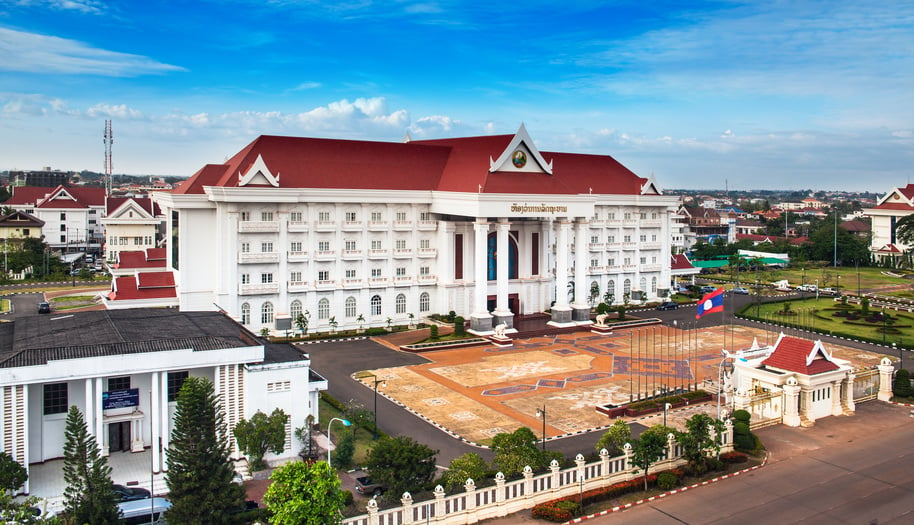The Food and Drug Administration has recently updated a number of regulations related to certain medical devices to ensure that they are carefully monitored and controlled, have prescribed quality standards, and are safe for consumers. The updated regulations relate to alcohol detecting devices, positive airway pressure devices and dentistry devices.
To promote and support research and development of medical devices in Thailand, the Ministry of Public Health and the Food and Drug Administration have recently issued several notifications providing additional guidance for manufacturers or importers of certain medical devices seeking exemptions from licensing requirements (i.e., the manufacturing or import license, and the product registration license) under the Medical Device Act.
The Thai Food and Drug Administration (FDA) has recently issued two notifications, namely the Notification of the Ministry of Public Health Re: Good Manufacturing Practice, B.E. 2566 (2023), and the Notification of the Ministry of Public Health Re: Good Importing and Sales Practice, B.E. 2566 (2023). These notifications aim to regulate the quality systems of medical device manufacturing facilities, as well as importers and sellers of medical devices.
The Food and Drug Administration (FDA) has issued the Notification of the Ministry of Public Health Re: Prescribe Types of Cosmetics, Criteria, Methods and Conditions for Refill Stations, B.E. 2566 (2023) and the Cosmetic Committee Announcement Re: Labeling of Cosmetic at Refill Stations, B.E. 2566 (2023). Both notifications were published in the Government Gazette on 23 August 2023 and will become effective on 21 November 2023. These notifications are intended to be in line with the global Bio-Circular-Green Economy trend, which seeks to reduce plastic waste and promote the recycling of plastic.
In the second episode of our Digital Transformation in the Healthcare Industry series, the Healthcare and Life Sciences team at Baker McKenzie brings us up to date with the current laws and regulations relating to telemedicine and telepharmacy in Thailand and associated issues.
Under the current regulation, a Good Manufacturing Practice (GMP) certificate obtained from the Food and Drug Administration (FDA) is a voluntary requirement for local medical device manufacturers. However, manufacturers of licensed medical devices and detailed notification medical devices must provide GMP certificates from the FDA or an ISO 13485 certificate issued by one of the official Certified Bodies as part of the documents for the registration of medical devices. These certificates are not required to manufacture and notify low-risk medical devices unless they are exported and certain certificates are required by the destination countries.
Following the issuance of the notification from the Ministry of Public Health regarding determination of category V narcotics, B.E. 2565 (2022), the Thai Food and Drug Administration has recently provided guidelines.
The Thai Ministry of Public Health issued the ministerial regulation on the application for and the issuance of the license for the manufacturing, import, export, sale or possession of cannabis.
Healthtech gained tremendous attention during the past year or so as a result of the pandemic-driven lockdowns and restrictive circumstances. As we discussed in the past, government agencies around the world had invariably leveraged technology to support healthcare delivery and services over the years, and these efforts have accelerated in response to the pandemic. In the case of Thailand, based on its 10 year national health security plan, the Ministry of Public Health has progressed and implemented its policy by working with relevant government agencies such as the Food and Drug Administration, the Medical Council of Thailand, the Pharmacy Council and the National Broadcasting and Telecommunications Commission to develop and issue guidelines for telehealth services.
In a recent interview Mr. Anutin Charnvirakul, the Minister of Public Health, lauded the many community enterprises all over Thailand which have been growing cannabis for hospitals to extract for medical purposes and the hundreds of medical cannabis clinics all over the country which have proven to be very popular with the Thai people. The Minister was pleased with how Thai people have embraced cannabis and has again stressed his mission to make cannabis both a cash crop, as well as a medicine, for the nation. He also mentioned intended efforts to continue with liberalizing the laws and regulations on cannabis even further to increase access to cannabis.







